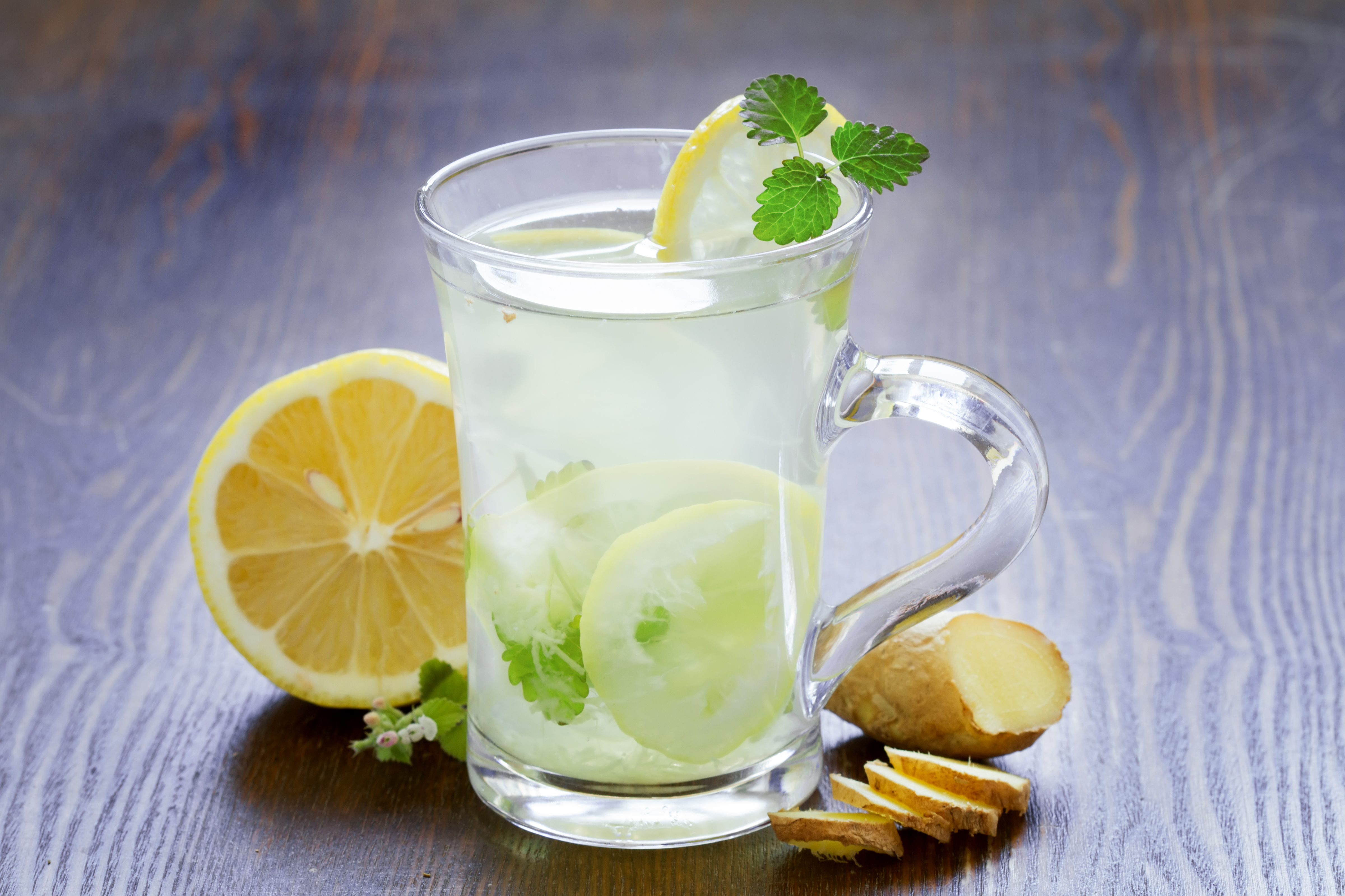Part of the Food Policy Snapshot Series
Policy Name:
Whole-of-Government Healthier Drinks Policy, Singapore
Location:
Singapore
Population: 5,763,472 (Worldometers, 2018)
Overview:
Singapore’s Healthier Drinks Policy is part of its Whole-of-Government strategy for 2018 to overhaul several areas of the public sector. This policy targets unhealthy, sugary drinks such as sodas and sweetened teas, which are popular in Singapore. Drinks that do not meet the standards established by the government will not be sold or made available on government premises.
Progress to date:
N/A
Program/Policy Initiated:
The policy will go into effect on May 1, 2018.
Food policy category:
Diet and nutrition
Program goals:
The policy seeks to reduce Singaporeans’ intake of sugar, thereby reducing the incidence of diabetes and obesity. By setting a good example in the public sector, the government hopes to foster an environment that encourages the adoption of a healthier diet more broadly.
How it works:
Starting May 1, 2018, all beverages for sale or made available on government premises must meet the following standards:
Pre-packaged drink requirements:
- Drinks must be endorsed with a Healthier Choice Symbol (HCS) logo
- Drinks must be compliant with HCS sugar guidelines
Freshly prepared hot coffee/tea/malted drink requirements:
- Drinks must be prepared and served with no added sugar
- Sugar may be provided on the side for consumers to add on their own
- Operators may continue to add condensed or evaporated milk but are encouraged to use less
- Pre-made mixes that contain sugar for hot coffee/tea/malted drinks should comply with HCS guidelines
The Healthier Drinks Policy does not relate to milk powders, medical drinks, alcoholic beverages, and ingredients used in the preparation of other food or drinks such as honey and condensed milk.
The policy applies to the following government premises:
- Government office buildings
- Government service centers
- Fire stations
- Police stations
- Parks and nature reserves
- Reservoirs
- Sports facilities
- Community centers and clubs
- Healthcare institutions
- Public libraries
Why it is important:
Singapore’s Ministry of Health reports that obesity rates reached 8.6% in 2013. Diabetes is also prevalent, with rates reaching 13.7% according to the International Diabetes Federation, making Singapore the country with the second highest proportion of diabetics among developed countries, after the United States. Obesity and diabetes can both cause serious complications as well as decreasing patients’ overall quality of life. Diabetes has become such a severe issue in Singapore that the Ministry of Health declared an official War on Diabetes in April 2016.
A study from the Harvard School of Public Health shows that sugar-sweetened beverages promote weight gain due to their high sugar and energy content combined with the low levels of satiety they provide. They also contribute to cardiovascular risk, inflammation, and insulin resistance. By reducing the availability of sugary drinks, the Healthier Drinks Policy may play a major role in improving the country’s obesity and diabetes rates.
Evaluation:
The Health Promotion Board is responsible for enforcing and evaluating compliance.
Learn more:
https://www.hpb.gov.sg/healthy-living/food-beverage/wog-healthier-drinks-policy
https://www.hpb.gov.sg/docs/default-source/pdf/healthier-drinks-faqs_8nov17.pdf?sfvrsn=6809fe72_2
Point of Contact:
Singapore Health Promotion Board
WOG_Healthier_Drinks@hpb.gov.sg
Similar practices:
Singapore seems to be the first country to explicitly regulate sugary drinks on government premises. However, some states and countries have implemented restrictions in certain locations. California, for example, passed the Pupil Nutrition, Health, and Achievement Act of 2001, which prohibited the sale of soda on elementary and middle school campuses. In 2003, high schools were added, making it illegal to sell soda at any California public school. More recently, the French government has extended its reach into the private sector, banning free refills of soda and other sugary drinks in restaurants.
References:
https://www.worldometers.info/world-population/singapore-population
https://www.hpb.gov.sg/food-beverage/healthier-choice-symbol
https://www.moh.gov.sg/content/moh_web/home/statistics/Health_Facts_Singapore/Disease_Burden.html
https://www.idf.org/our-network/regions-members/western-pacific/members/113-singapore.html
https://www.ncbi.nlm.nih.gov/pmc/articles/PMC2862465
https://www.hpb.gov.sg/healthy-living/food-beverage/wog-healthier-drinks-policy
https://www.hpb.gov.sg/docs/default-source/pdf/healthier-drinks-faqs_8nov17.pdf?sfvrsn=6809fe72_2
https://leginfo.legislature.ca.gov/faces/codes_displaySection.xhtml?lawCode=EDC§ionNum=49431.5


